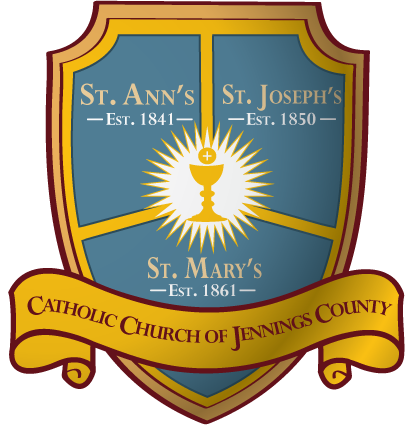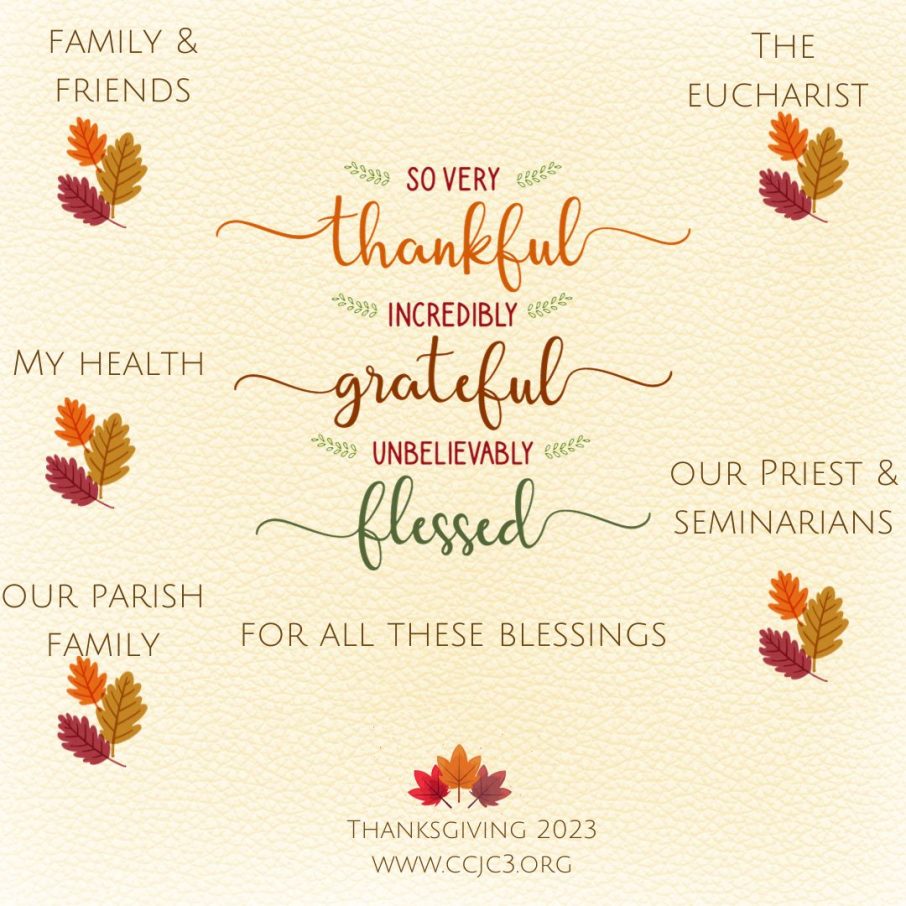As Catholics, the word Thanksgiving holds special meaning for us.
The Eucharist is the source and summit of our faith. The word “Eucharist” is a transliteration of the Greek word eucharistia, which means thanksgiving for the wonderful works of God.
We are thankful for the bread and wine that becomes the body and blood of Jesus Christ at every Mass.
Thanksgiving Isn’t The Only Time for Gratitude
Daily gratitude is important with many studies over the past decade finding that people who consciously count their blessings tend to be happier and less depressed.
It’s also a habit many practice in daily life, according to a Pew Research Study.
The idea of giving thanks isn’t new but has gained more interest in recent years. However, one saint made it a daily part of his spiritual regimen that helps countless people today.
St. Ignatius Knew About Gratitude
I ask for the gift of an intimate knowledge of all the things which God lovingly shares with me. Filled with gratitude, I want to be empowered and moved to love and serve God.
Adapted from the Spiritual Exercises, [233]
Saint Ignatius always placed gratitude as a main component of his spiritual exercises and in the daily Examen Prayer that his order is required to do each day. Many laity also practice this Examen.
Ignatius encourages us to be intentional about gratitude. He places a thank you at the beginning of the Examen Prayer. This prayer is a short review of your day, prayed once or twice each day either at noon or at the end of the day.
This practice of gratitude is so important to St. Ignatius that after you make the Sign of The Cross and get ready to pray the first thing you do are acts of thanksgiving. You start by thanking God for the gifts of the day and anything you are grateful for that comes to mind.
Happy Thanksgiving
As we gather with our friends and family let us not leave gratitude just for this day.
Let us make this a thanksgiving to remember as this Dominican friar writes about here.



